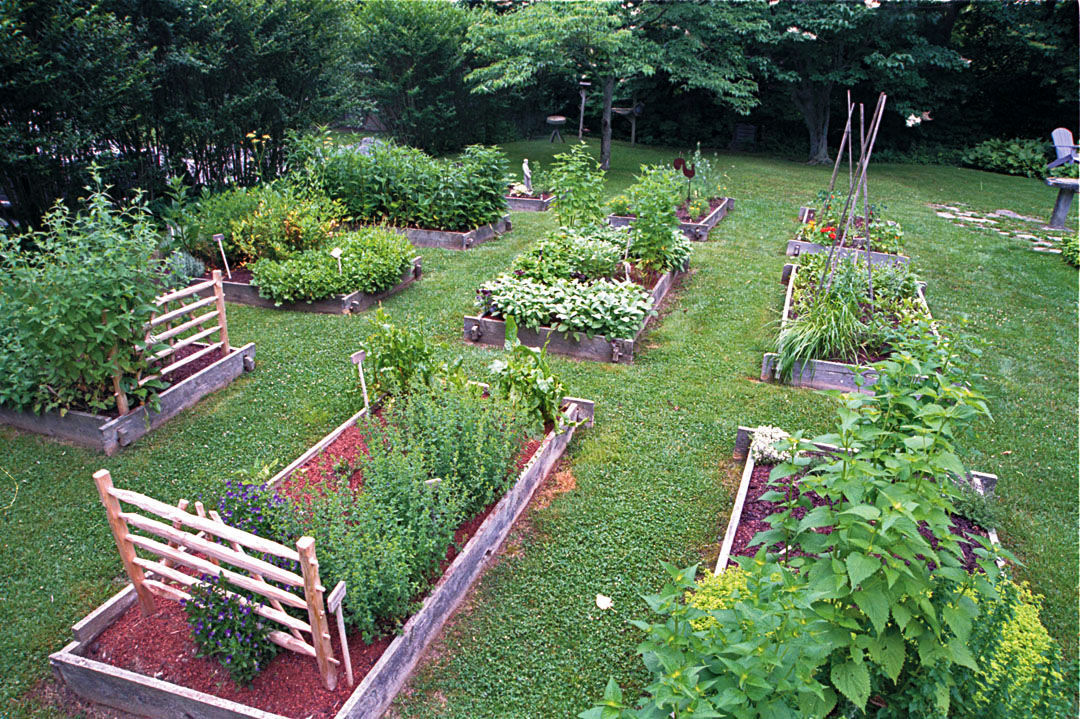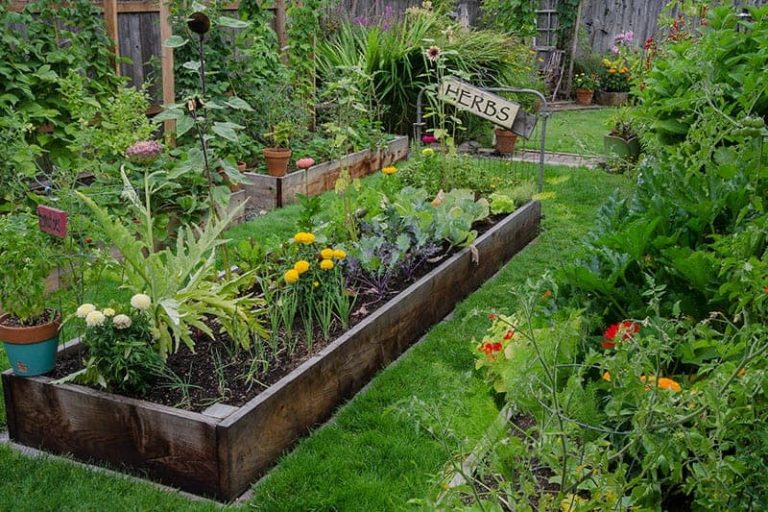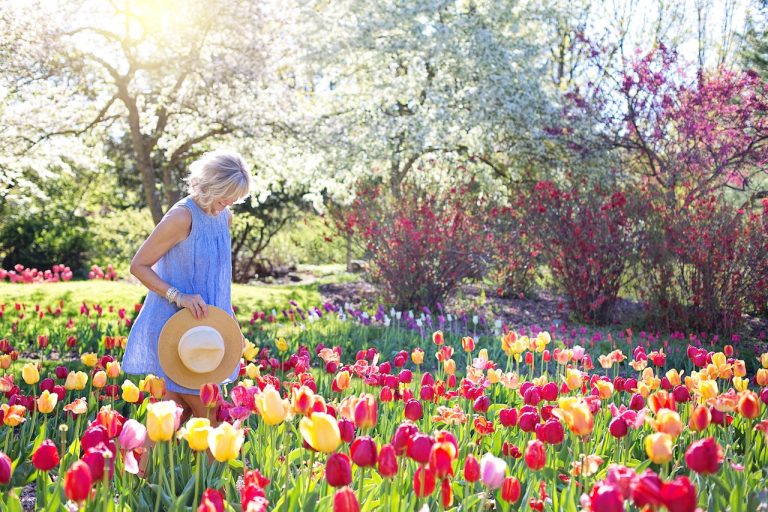Gardening is an enriching hobby, one that nurtures both the body and the soul. Yet, despite the increasing popularity of outdoor spaces that promote sustainability and self-sufficiency, many gardeners overlook one of the most versatile and rewarding aspects of their outdoor strategy: herbs. These humble plants offer far more than mere culinary flavor; they serve as natural allies in pest control, soil health, medicinal remedies, and even aesthetic beauty. If your garden is missing some key herb essentials, you could be missing out on a treasure trove of benefits that could elevate both the functionality and allure of your outdoor space. In this article, we will explore a selection of herbs that should be essential to your gardening routine and how they can enrich your outdoor experience.
1. Basil: A Kitchen Staple and Pest Control Hero
For many gardeners, basil is an obvious choice for a herb garden, and for good reason. Its fragrant, fresh leaves are indispensable in a wide variety of dishes, from pesto to Caprese salads, and it grows quickly and abundantly, making it an ideal herb for beginners. But basil offers more than just flavor—it also serves as a natural pest repellent. The strong scent of basil can deter mosquitoes, flies, and aphids, making it a natural companion plant for vegetables and other herbs. By planting basil near tomatoes, peppers, or eggplants, you can ward off common pests without the need for harmful pesticides.
Moreover, basil thrives in warm, sunny conditions, which makes it perfect for both container gardening and in-ground beds. With its fast growth cycle, you can enjoy a continuous supply of fresh basil throughout the summer months, reducing the need to purchase herbs at the grocery store. A garden lacking basil is one deprived of one of nature’s most fragrant and practical offerings.
2. Lavender: Beauty, Fragrance, and Natural Pest Control
Lavender is a classic herb that no outdoor space should be without. Known for its striking purple flowers and intoxicating scent, lavender is a favorite among gardeners for its ornamental and aromatic qualities. However, its value goes beyond beauty. Lavender is highly effective as a natural insect repellent, especially against mosquitoes, moths, and flies. Planting lavender near outdoor seating areas, patios, or garden beds will not only enhance the aesthetic of your space but will also create a more pleasant and pest-free environment.
In addition to its pest-repellent properties, lavender is an excellent herb for attracting pollinators, such as bees and butterflies, which are vital for maintaining a healthy ecosystem. Its deep roots help improve soil structure, and it thrives in dry, well-drained soil, making it a low-maintenance addition to any garden. As a bonus, lavender can be harvested and dried to make potpourri, sachets, or infused oils, which add even more value to this already multi-functional herb.
3. Rosemary: A Hardy Herb with Multiple Uses
If your outdoor space lacks rosemary, it’s time to reconsider your herb garden essentials. Rosemary is not only a robust and fragrant herb that enhances meats, stews, and marinades, but it also plays an essential role in promoting a healthy garden ecosystem. As a hardy, drought-tolerant plant, rosemary requires minimal care and can thrive in a variety of conditions. Its upright growth habit makes it perfect for creating natural borders or acting as a foundation plant in herb gardens.
What many gardeners don’t realize is that rosemary is an excellent companion plant. It repels a number of pests, including mosquitoes, cabbage moths, and carrot flies. It also attracts beneficial insects such as bees, which are essential for pollination. Rosemary can also act as a natural mulch in the garden, helping to retain moisture and suppress weeds. It is a powerhouse herb that combines beauty, utility, and pest control in one tidy package.
4. Thyme: A Low-Maintenance Herb with High Impact
Thyme is a must-have for any gardener looking to add both culinary variety and resilience to their outdoor space. This herb is particularly valuable because of its low-maintenance nature and its ability to thrive in poor soil conditions. Whether you’re cultivating it in containers, along pathways, or as a ground cover, thyme can adapt to nearly any situation, making it an incredibly versatile herb. Its tiny, aromatic leaves bring a unique flavor to Mediterranean dishes, soups, and roasts, but its benefits don’t stop there.
Thyme is also an excellent herb for enhancing soil health. It’s known for its ability to enrich the soil with essential nutrients, and its deep root system helps to aerate compacted soil. Like other herbs, thyme repels certain pests, particularly aphids, and attracts pollinators such as bees. Thyme’s creeping growth habit also makes it a great ground cover plant, providing a natural, low-maintenance alternative to grass. A garden missing thyme is one missing an unsung hero that contributes to both flavor and function.
5. Mint: Flavorful, Fragrant, and Pest-Repellent
Mint is another essential herb that every gardener should include in their outdoor strategy. With its refreshing flavor and fragrant aroma, mint is a versatile addition to the herb garden, ideal for making herbal teas, adding zest to fruit salads, or garnishing cocktails. But beyond its culinary uses, mint offers a number of practical benefits. Mint’s strong scent acts as a powerful deterrent for ants, mosquitoes, and other pests, helping to keep unwanted critters at bay without the need for chemical repellents.
Mint also grows rapidly, which makes it an ideal herb for filling in gaps in your garden or for growing in containers. However, it’s worth noting that mint can become invasive if planted in the ground, so it’s best kept in pots or confined spaces where it won’t spread uncontrollably. The refreshing aroma of mint adds an uplifting element to any garden, and its ability to act as a natural pest-repellent makes it indispensable.
6. Chamomile: The Relaxing Herb for Your Garden
Chamomile may be most familiar as a soothing herbal tea, but this gentle herb offers more than just a calming brew. Chamomile is an attractive addition to any garden, with its daisy-like flowers and delicate scent, but it also serves important ecological functions. As a companion plant, chamomile can help improve the growth of other herbs and vegetables by promoting healthy root development. It also attracts beneficial insects, like ladybugs, which help to keep aphid populations in check.
Chamomile can be grown in pots or in the ground, and it requires minimal care, thriving in full sun and well-drained soil. Once harvested, its flowers can be dried and used to make your own tea or infused oils. Chamomile’s calming effects extend beyond the garden, making it a versatile herb that offers both beauty and functionality.
7. Sage: A Medicinal and Culinary Powerhouse
Sage is a hardy herb with a rich history, not only as a culinary powerhouse but also as a medicinal plant. While its earthy flavor elevates roasted meats, soups, and stuffing, sage’s benefits go beyond the kitchen. Traditionally, sage has been used for its antiseptic and anti-inflammatory properties, and it’s often employed in natural remedies for digestive issues, sore throats, and even as a mental clarity booster.
Sage is also a valuable plant for attracting beneficial pollinators, especially bees. It thrives in well-drained soil and can endure both drought and heat, making it an ideal herb for hot climates. Whether for culinary, medicinal, or ecological purposes, sage is a versatile herb that should not be overlooked in your garden.
Conclusion: Is Your Garden Complete?
If your gardening and outdoor spaces are missing these essential herbs, you might be missing out on opportunities to enhance the functionality, beauty, and ecological balance of your garden. Each of these herbs—whether for pest control, soil health, or culinary delight—offers a multitude of benefits that can help you create a thriving, sustainable outdoor space. By incorporating these herb essentials, you’re not just cultivating a garden; you’re fostering a healthy, self-sufficient ecosystem that will reward you season after season. So, take a moment to evaluate your outdoor strategy—are you truly getting the most out of your garden? If not, it may be time to embrace the incredible potential of herbs.















